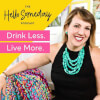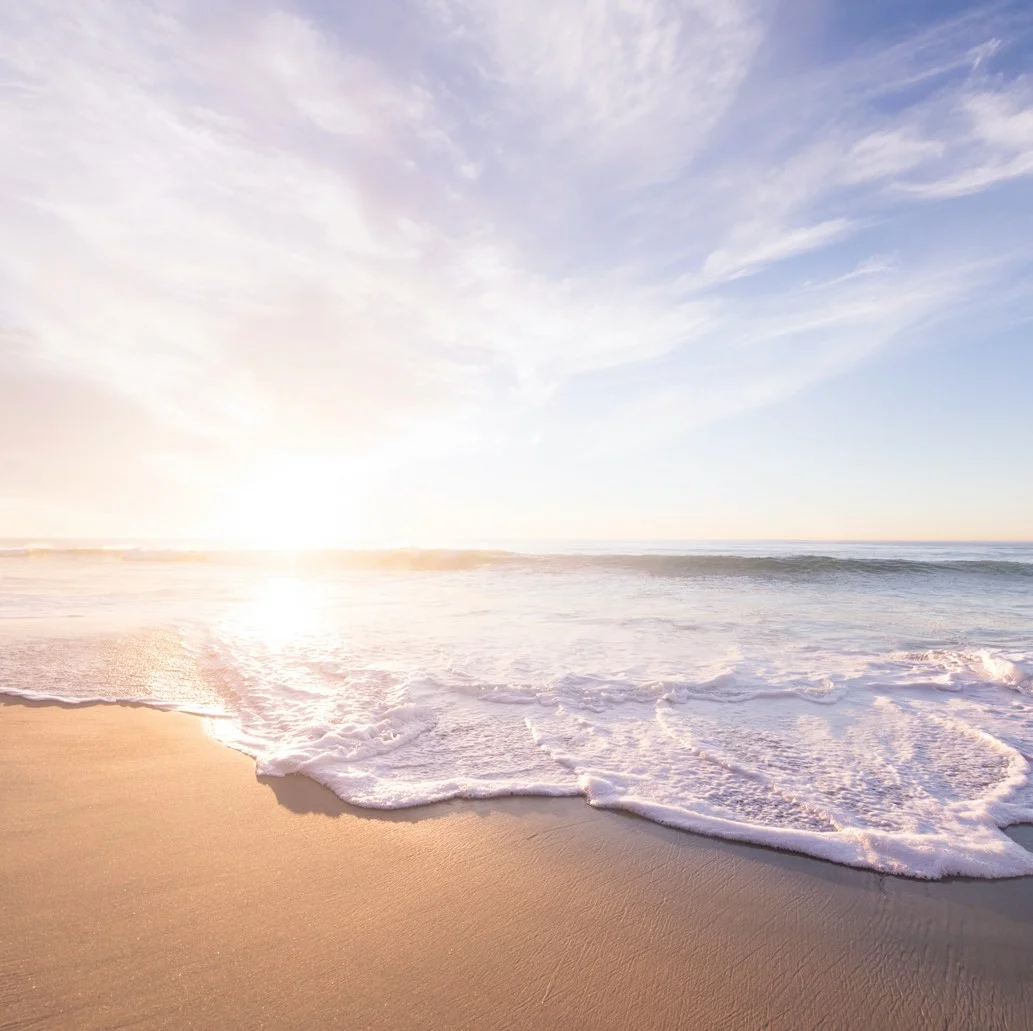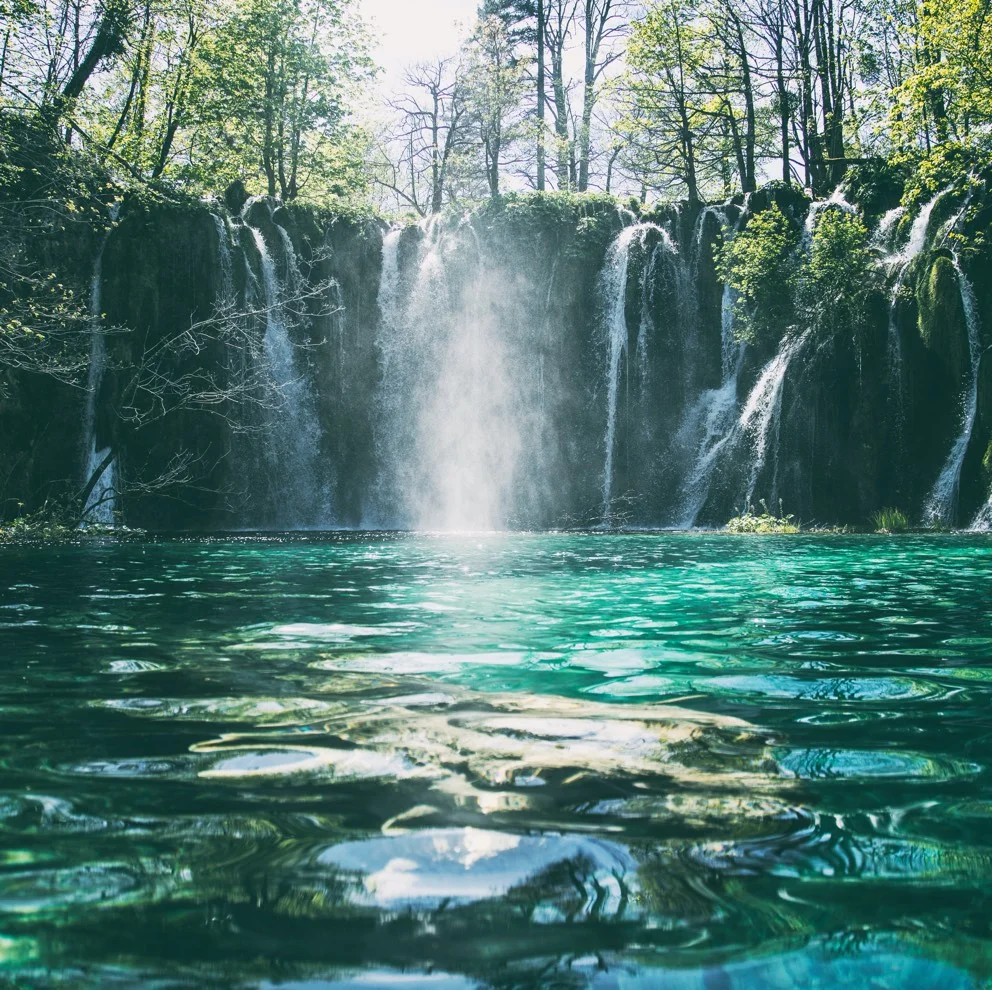

Get Started Free
Episode 35: Break Your Habit of Drinking in Four Steps - Change Your Cue, Craving, Response + Reward Cycle
60 Min
Podcast
4 Favorites

Casey McGuire Davidson
Have you been trying to break your habit of drinking using willpower, positive inspiration or negative, fear-based motivation by trying to avoid negative consequences? If you haven’t been successful in your attempts to stop drinking using this approach it’s actually not your fault. Instead you've likely just been trying to make a long term behavior change in all the wrong ways. There are easy ways and hard ways to break a habit, and research into the science of behavior change shows that willpower just doesn’t work in the long term. In this episode I’m going to talk about how to break your habit of drinking in four simple steps - without relying on willpower or hating the process. We’ll dive into: The four laws of how to break a bad habit and how to build a new one, as outlined in Atomic Habits by James Clear. Why understanding your personal habit loop of cues, cravings, responses and rewards is critical to helping you stop drinking without relying on willpower or hating the process. How creating and sharing an implementation intention is fundamental to succeeding in change where you have stumbled in the past. Why environmental design is key to achieving your goals. Making small changes to your physical and social environment will make it easier to break the drinking cycle. What has likely tripped you up in the past and practical and specific ways to set yourself up for success, not self-sabotage. What you should learn from times you’ve tried to stop before, without shaming yourself for going back to drinking. What is the habit loop? It’s a four step pattern that’s the backbone of every habit you’ve ever formed. A cue is the first step in the habit loop. A cue triggers your brain to initiate a behavior. A cue is a bit of information that predicts a reward. Because the cue is the first indication that we're close to a reward, cues naturally lead to craving. Cravings are the second step of the habit loop. Cravings are the motivational force behind every habit. Without some level of motivation or desire, without a craving to change, we have no reason to act. And what you crave is not the habit itself, but the change in state it delivers. So at the basic level you actually don’t crave drinking a glass of wine, you crave the feeling of relief it provides. If you're with a bunch of people, you don’t actually crave drinking a glass of wine, you crave the feeling of being included and doing the same things as other people. The sense of belonging. The third step in the habit loop is the response. The response is the actual habit you perform. So this can take the form of a thought or an action. It's the buying the wine, the pulling the wine out of the fridge, pouring a glass, taking a sip. That's the response. And whether a response occurs or doesn't occur depends on how motivated you are to do it, and also how difficult it is for you to complete the behavior. The fourth step is reward, rewards are the end goal of every habit. The cue is about noticing the reward, the craving is about wanting the reward and the response is about obtaining the reward. The first purpose of rewards is to satisfy your craving. If you open a bottle of wine and you drink, you are satisfying that craving. The reward delivers contentment, and relief from the craving. The second thing rewards do is they teach us which actions are worth remembering in the future. Your brain is a reward detector. As you go about life, your sensory nervous system is continuously monitoring which actions satisfy your desires and deliver feelings of pleasure or disappointment. Those are part of the feedback mechanism that helps your brain distinguish useful actions from useless ones. There are four laws of how to break a bad habit and how to build a new one First, start with your implementation intention. It’s a stated plan to solidify your plan to be alcohol-free for a specific amount of time. The first law of how to make a new habit stick is to make it obvious. The more visible and available a habit is, the more likely you are to stick to it. The second law is to make it attractive. The more appealing a habit is, the more likely you are to feel motivated to do it. The third law is to make it easy. The easier, simpler, more convenient and frictionless a habit is, the more likely it is to be performed. And the fourth law is to make it satisfying. The more satisfying, enjoyable, and pleasurable a habit is, the more likely it is to stick. Are You Ready To Stop Drinking? I invite you to take a look at my new on-demand course, The Sobriety Starter Kit. The Sobriety Starter Kit is the online, self-study sober coaching course that will help you quit drinking and build a life you love without alcohol. The course is based on the sober coaching work I do with my private clients and is available at a cost that’s significantly more affordable than 1:1 coaching. Plus the online Sobriety Starter Kit course is ready, waiting and available to support you anytime you need it. In the Sobriety Starter Kit you’ll learn the framework, plus all the skills + strategies you need to stop drinking and build a life you love without alcohol – without white-knuckling it or hating the process. And I’ll hold your hand each step of the way. Click here to get all the details. Atomic Habits links and resources mentioned Grab a copy of Atomic Habits by James Clear Episode 34 - The first episode on using Atomic Habits to Quit Drinking with Identity Based Habits Podcast episodes on how to prime your mindset, physical and social environment for success in quitting drinking Episode 2 - 5 Mistakes Women Make When Quitting Drinking Episode 3 - 7 Strategies To Get You Through Your First Week Without Alcohol Episode 10 - 10 Things You Need In Your Sober Toolkit Episode 23 - Feeling Bored In Sobriety? Things To Know + What To Do Connect with Casey McGuire Davidson Grab your Free Sober Girls Guide To Quitting Drinking Get support during the holiday season from women who are on the alcohol-free path with the guide on How to find and join my Favorite Private Sober Facebook groups Website: www.hellosomedaycoaching.com Instagram: Casey @ Hello Someday Coaching (@caseymdavidson)
Explore Aura




